Keynote Speakers
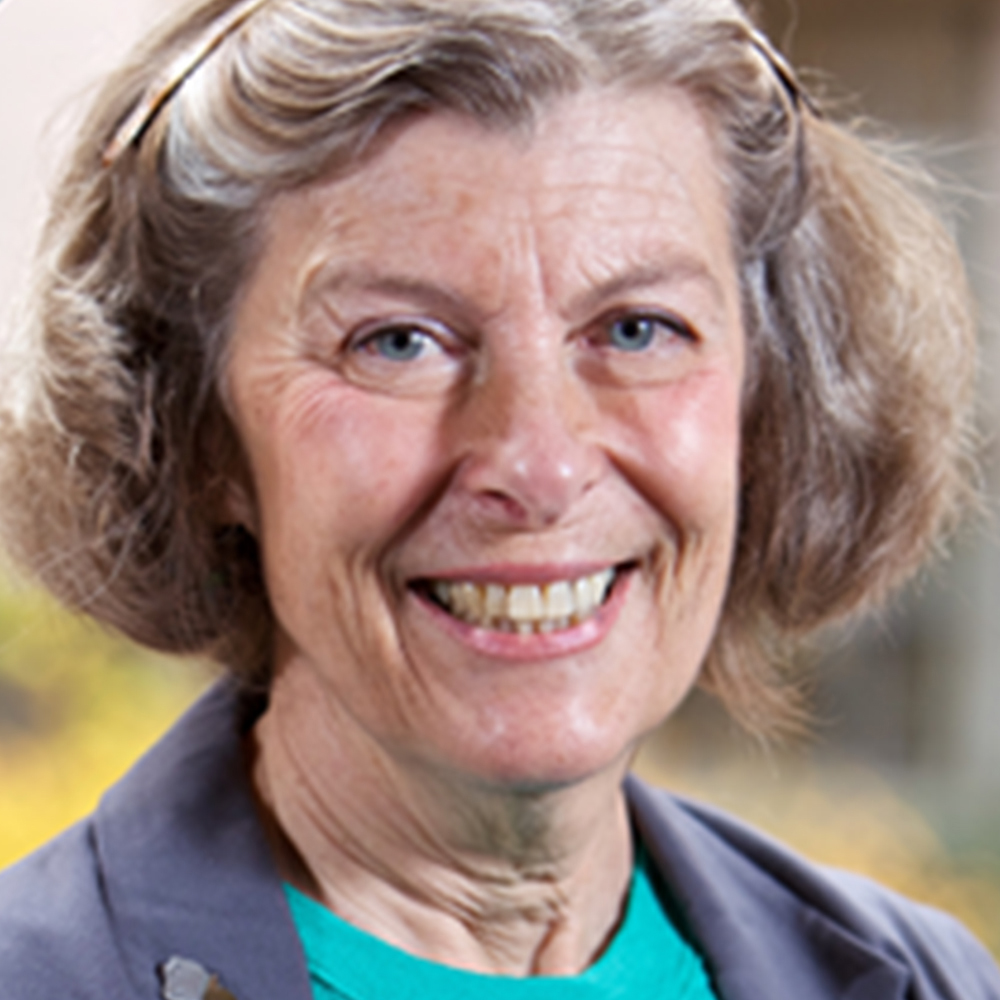
Karin Frey
Karin Frey is a Research Associate Professor of Educational Psychology at the College of Education. Her research focuses on revenge, reconciliation, sociomoral identity and the development of caregiving in adolescence. She is the PI of a study that examines how African American, European American, Indigenous American and Mexican American youth learn about themselves when they avenge a victimized peer or take actions that resolve the situation. Contextual influences such as perceived cultural norms and institutional justice are examined as contributors to actions, thoughts and emotions. Complementary samples of European Americans from Alabama, Chinese Canadians and Pakistani Canadians are also being collected to assure representation from different types of honor, face, and dignity cultures.

Jun Oshima
Jun Oshima received Ph.D. for applied cognitive science at University of Toronto in 1995. In his recent work, he developed a social network analysis of discourse from the perspective of knowledge-building. His research interest includes the development of new methodologies to evaluate students’ collective knowledge advancement. He is a Professor with the Faculty of Informatics, Shizuoka University, Japan.
Invited Panel
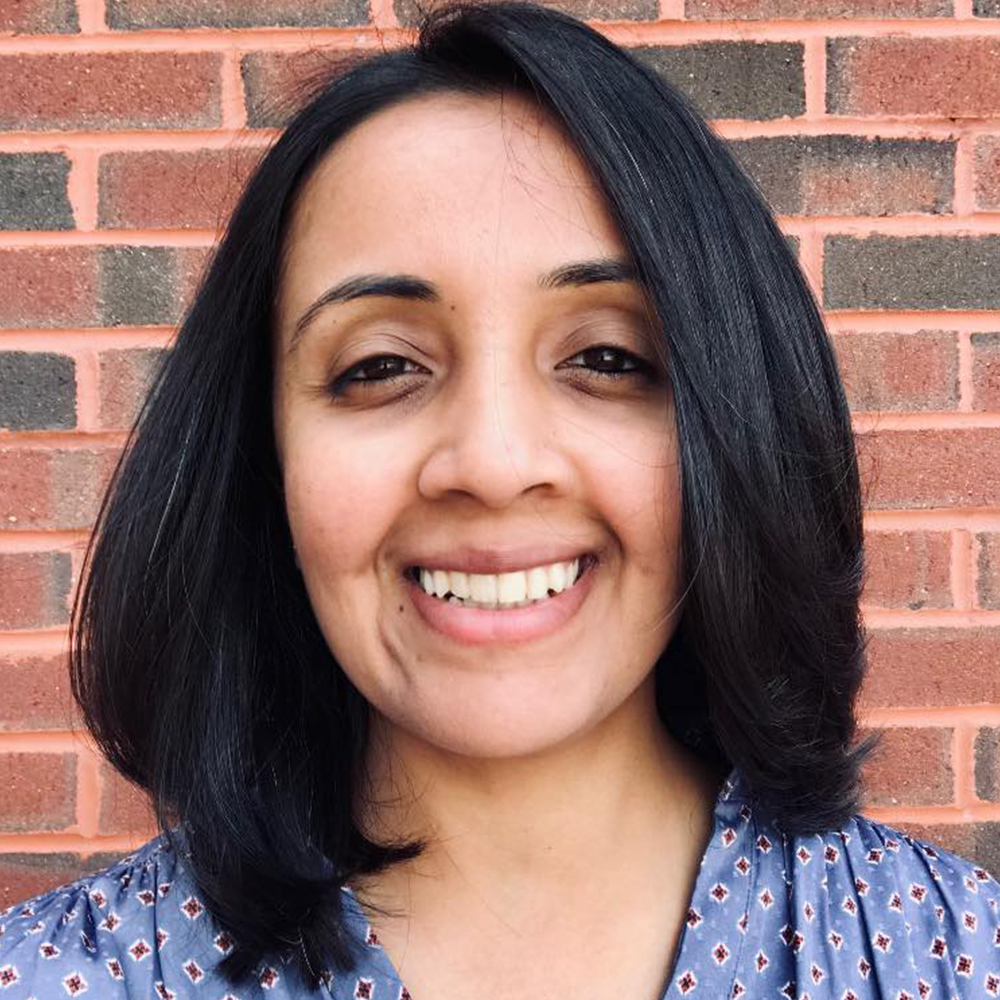
Mamta Shah
Mamta Shah is a Learning Scientist at Elsevier, where she conducts research to support effective learning solutions and outcomes for nursing and health education. She previously served as a postdoctoral scholar in the Games and Learning in Interactive Digital Environments (GLIDE) lab at Drexel University. For over a decade, Dr. Shah has researched the design and integration of interactive digital environments such as games and virtual realities to advance students’ knowledge and motivation. She has worked with educators across the PreK-16 spectrum to incorporate the cognitive, pedagogical, and experiential affordances of educational technologies in a variety of formal and informal settings.
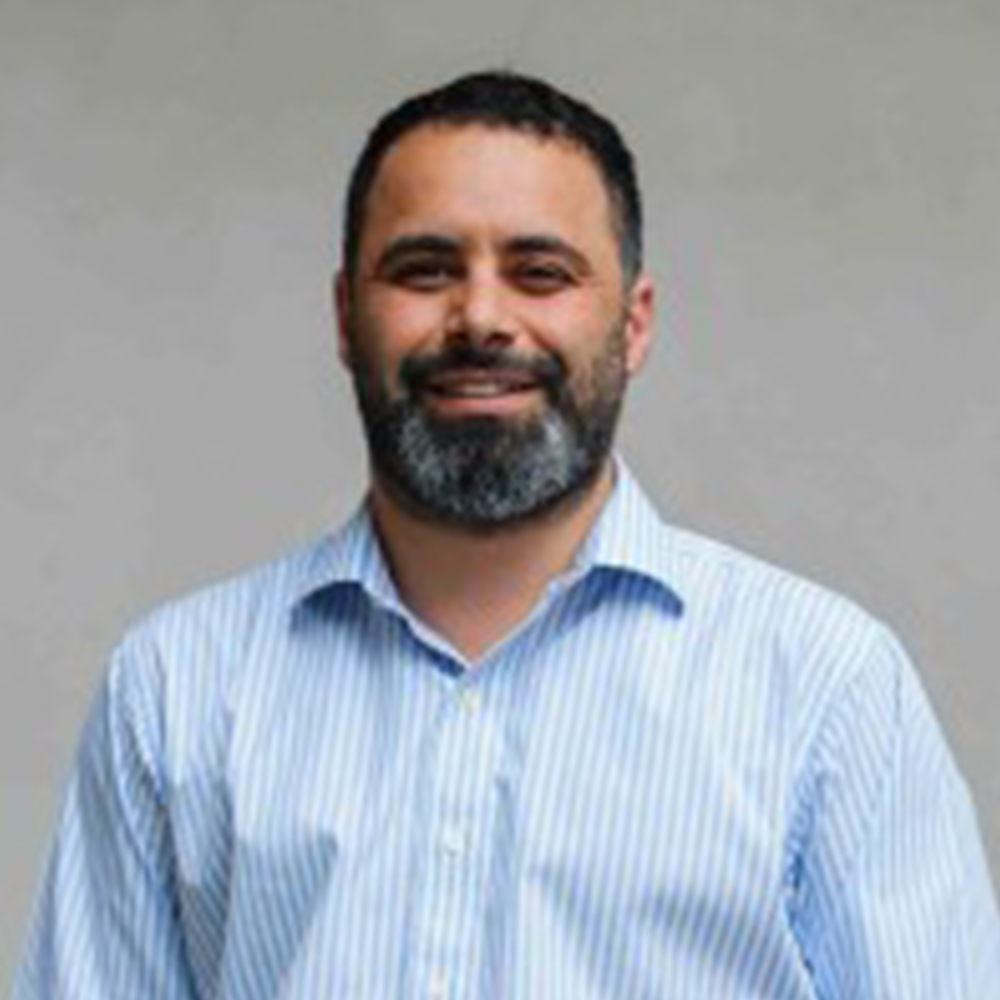
Juan Carmach
Currently, I work as a Consultant for Digital Innovation in Anthropology Partnership at UNESCO and The LiiVTM Center for Digital Anthropology, which launched a global partnership to advance the science of digital anthropology. The first phase of this partnership will be a four-year collaboration to build a global movement that unifies the academic discipline of digital anthropology and raises awareness of its power to create a more ethical, cohesive, and empathetic society.
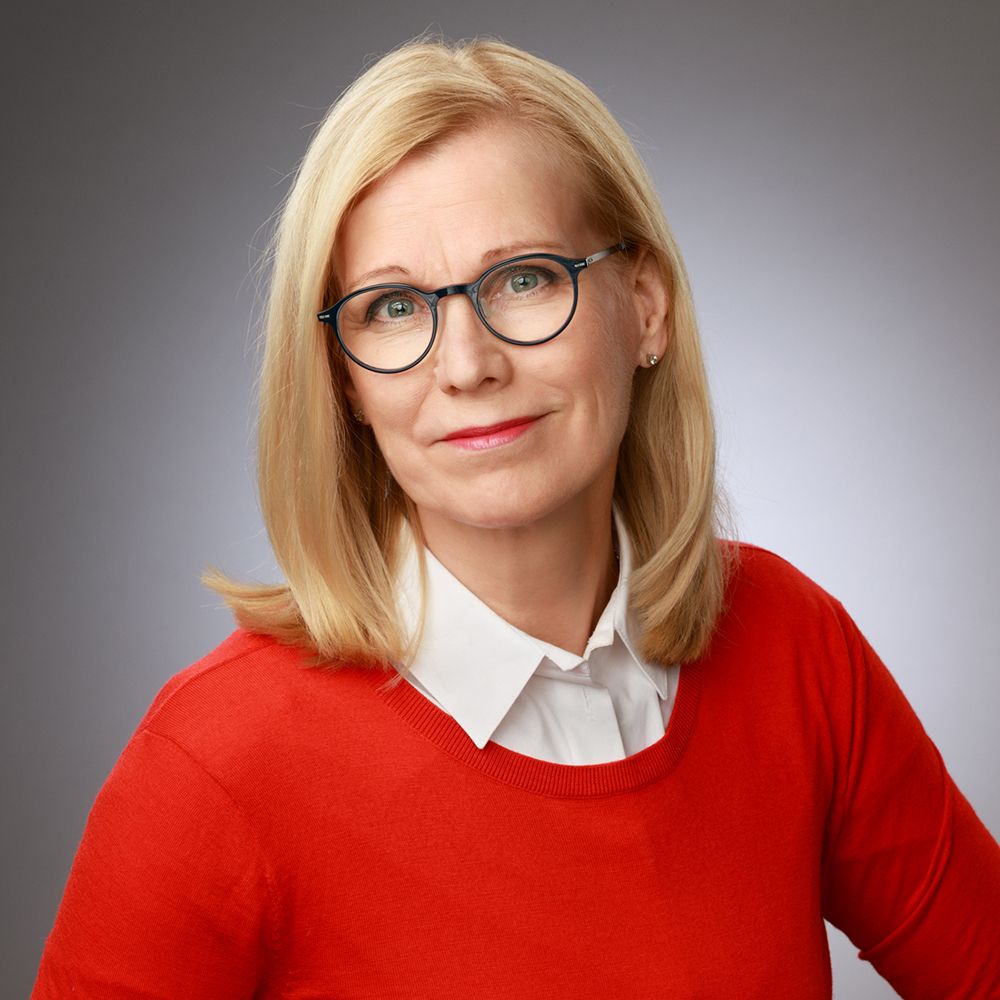
Sanna Järvelä
Sanna Järvelä is a professor in the field of learning and educational technology and a head of the Learning and Educational Technology Research Unit (LET). Järvelä and her research group is internationally well known from theoretical advancement of social aspects self-regulated learning (SSRL). Her interdisciplinary research work has strong contribution to the methodological development of process oriented research methods in the field of learning and collaboration and recently applying of multimodal methods in self-regulated learning research.
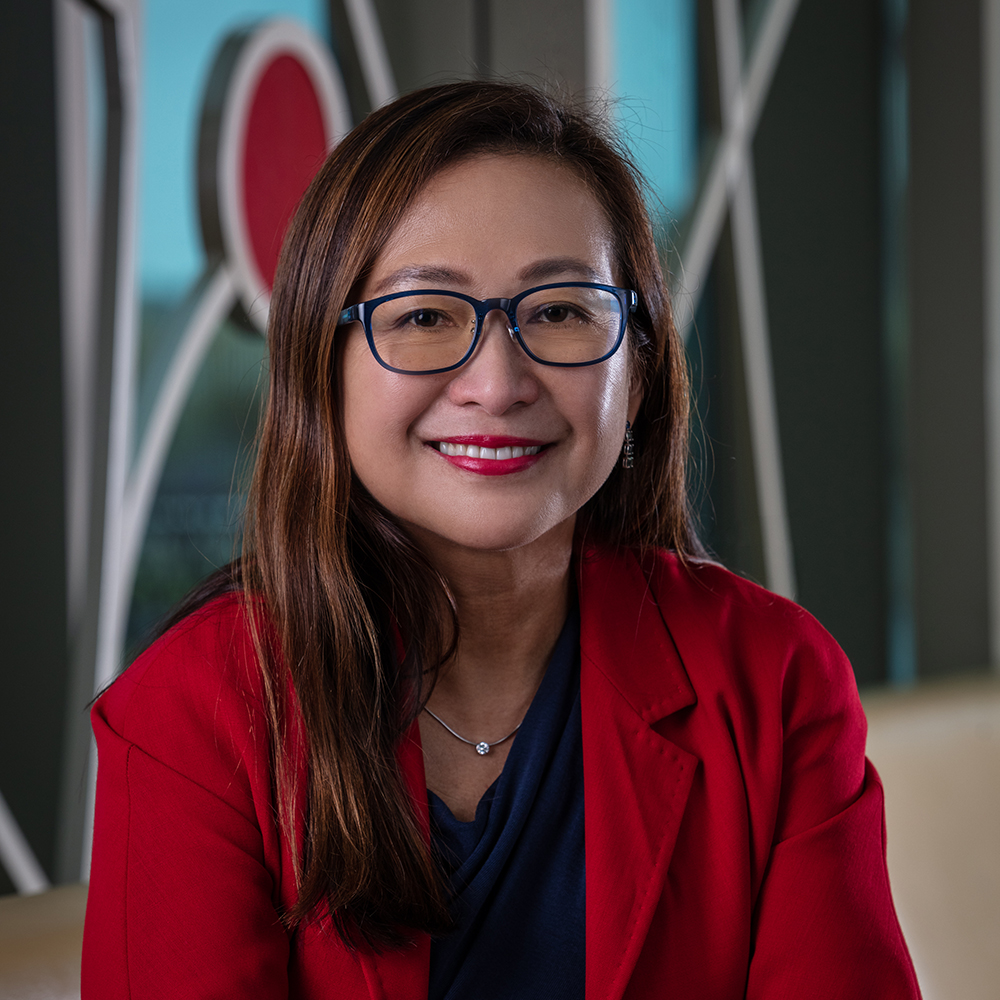
Nancy Wong
Nancy Wong is a consumer psychologist who explores how cultural values influence consumption decisions, how people respond emotionally in different situations, and how materialistic values influence the way we consume. Her work examines how consumers make choices that could impact their health and financial well-being and promote environmental sustainability.
Doctoral Consortium Chairs
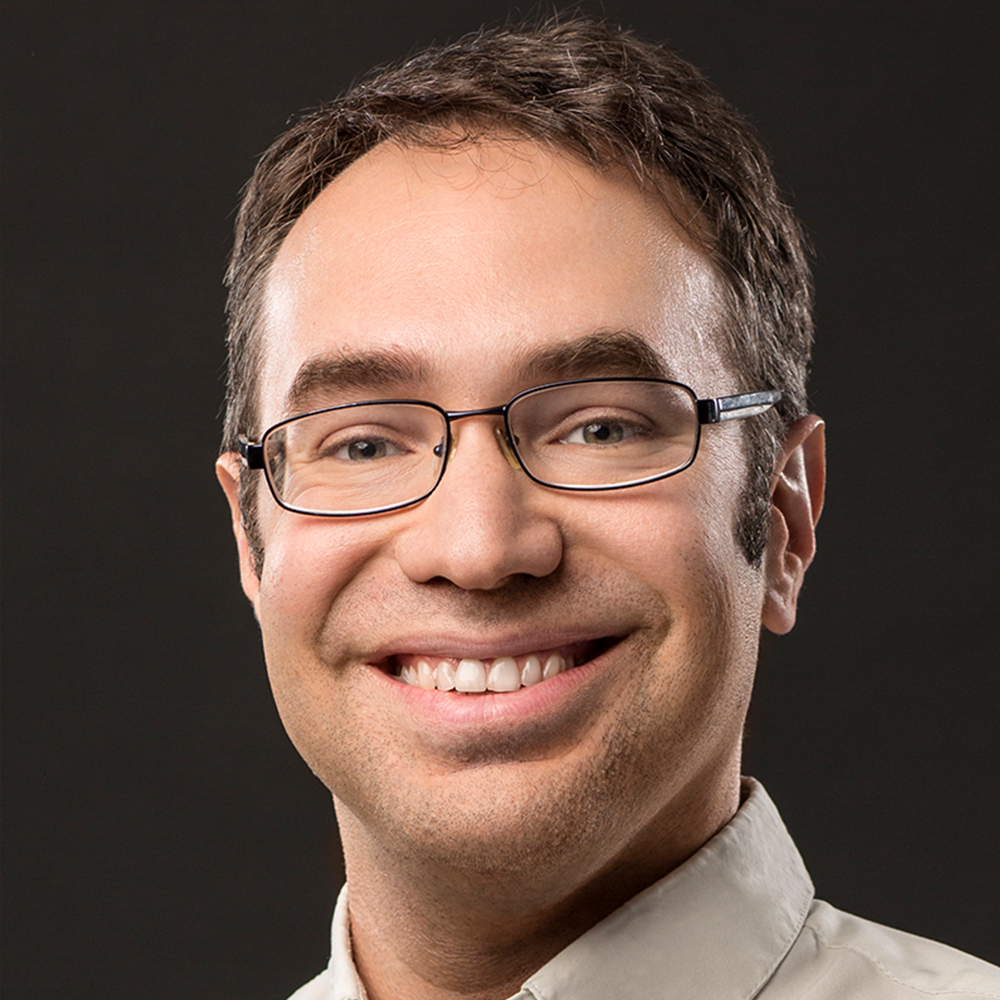
Ryan Baker
Ryan Baker studies how data can better be used to study and improve online learning. Using data from educational software, he examines how students respond to computer lessons, focusing on engagement and disengagement, and how these responses impact learning. Baker has also researched student success in MOOCs. He is working to develop the next generation of MOOCs, which will incorporate features from intelligent tutoring systems.
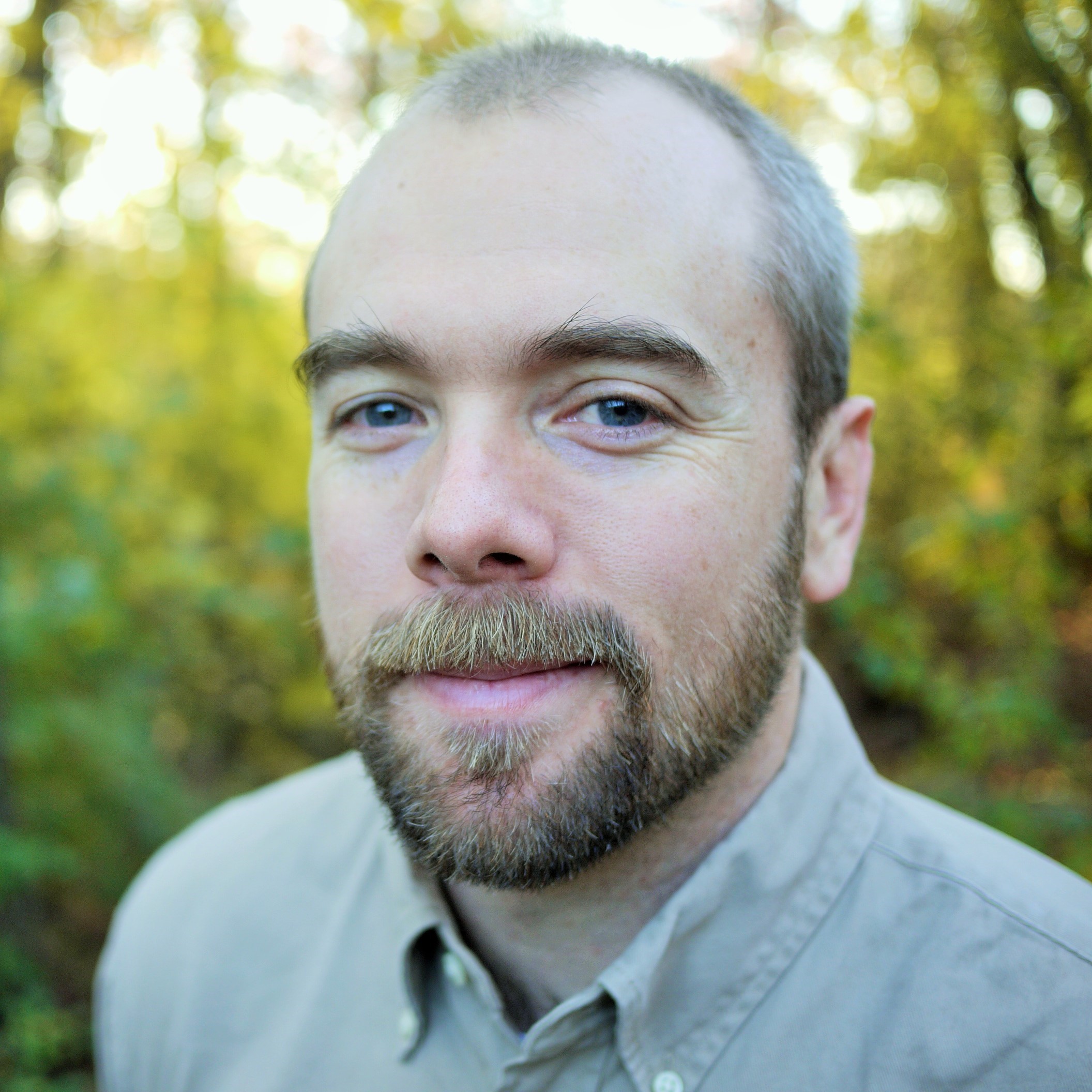
Brendan Eagan
Brendan is Associate Director for Partnerships and Community Engagement in the Epistemic Analytics lab at the University of Wisconsin - Madison. He earned his Ph.D. and M.S. in Learning Sciences from UW-Madison, and B.A. in Mathematics and Asian Studies from St. Olaf College. Brendan is a bridge builder within the growing Quantitative Ethnography (QE) community and has experience connecting QE research and practice in many different fields, including the learning sciences, computer supported collaborative learning, learning analytics, health care, ethics in education, child development, policy analysis, and community development.

David Williamson Shaffer
David Williamson Shaffer is the Vilas Distinguished Professor of Learning Sciences at the University of Wisconsin-Madison in the Department of Educational Psychology, with a focus on Learning Analytics, and a Data Philosopher at the Wisconsin Center for Education Research. Before coming to the University of Wisconsin, Professor Shaffer taught grades 4-12 in the United States and abroad, including two years working with the US Peace Corps in Nepal. His M.S. and Ph.D. are from the Media Laboratory at the Massachusetts Institute of Technology. Professor Shaffer taught in the Technology and Education Program at the Harvard Graduate School of Education, and was a 2008-2009 European Union Marie Curie Fellow. Professor Shaffer studies how to develop and assess complex and collaborative thinking skills, with a particular interest in how students understand complex environmental issues. He is the author of How Computer Games Help Children Learn and Quantitative Ethnography.
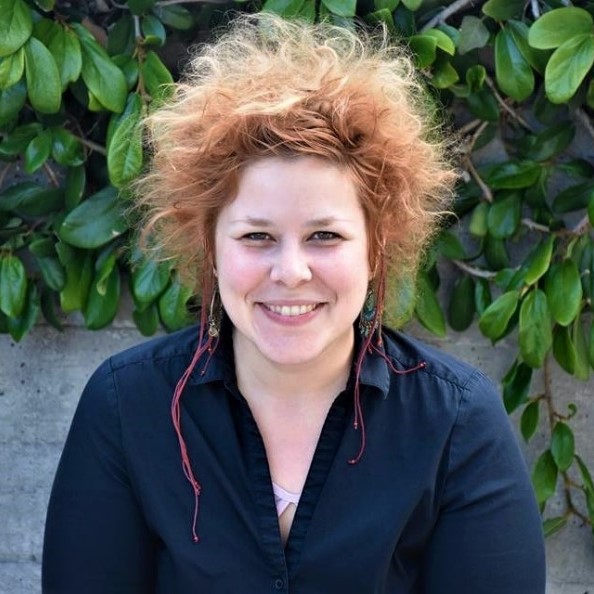
Szilvia Zörgő
I am a cultural anthropologist by trade and have a PhD in mental health sciences. I am interested in qualitative, mixed, and unified research methods related to healthcare and information consumption.I have the incredible honor of receiving an MSCA individual fellowship. We will develop a novel open source quantitative ethnographic tool for integrating eye-movement, human-computer interaction, and narratives. With this tool, we will be conducting an empirical study on how people search for and appraise health-related information online. Results will aid the development of an intervention to increase digital health literacy. This is a joint initiative involving the University of Wisconsin-Madison and Maastricht University.
Early Career Mentors

Eric Hamilton
Dr. Eric Hamilton is a learning technologist who directs the International Community for Collaborative Content Creation, a five year research effort funded by the US National Science Foundation (NSF). During the 2018-2019 academic year, Dr. Hamilton is on leave serving in Geneva Switzerland as Sr. Manager for Critical and Emerging Issues in Curriculum and Related Areas for UNESCO’s International Bureau of Education. His current NSF effort involves learners from six countries collaborating in digital makerspace activities. He has directed numerous research projects funded by NSF, the Department of Education, the US State Department, and the Microsoft Research Foundation since coming to GSEP. He recently completed a three year Fulbright Research Fellowship in Namibia, spanning work over three years. Prior to joining GSEP in 2008, he served as director of the United States Air Force Academy Center for research on learning and teaching. He has held two directorship positions at the National Science Foundation. While in those roles he supervised with signature program authority approximately $500 million in National Science Foundation investments in science and mathematics education and education research. Hamilton has also served as a visiting professor at Hiroshima University at the Center for the Study of International Cooperation in Education; Visiting Professor at Tampere University of Technology in Pori, Finland; and was a faculty member at Loyola University Chicago. In addition, he has experience as a mathematics teacher for grades 6-12.
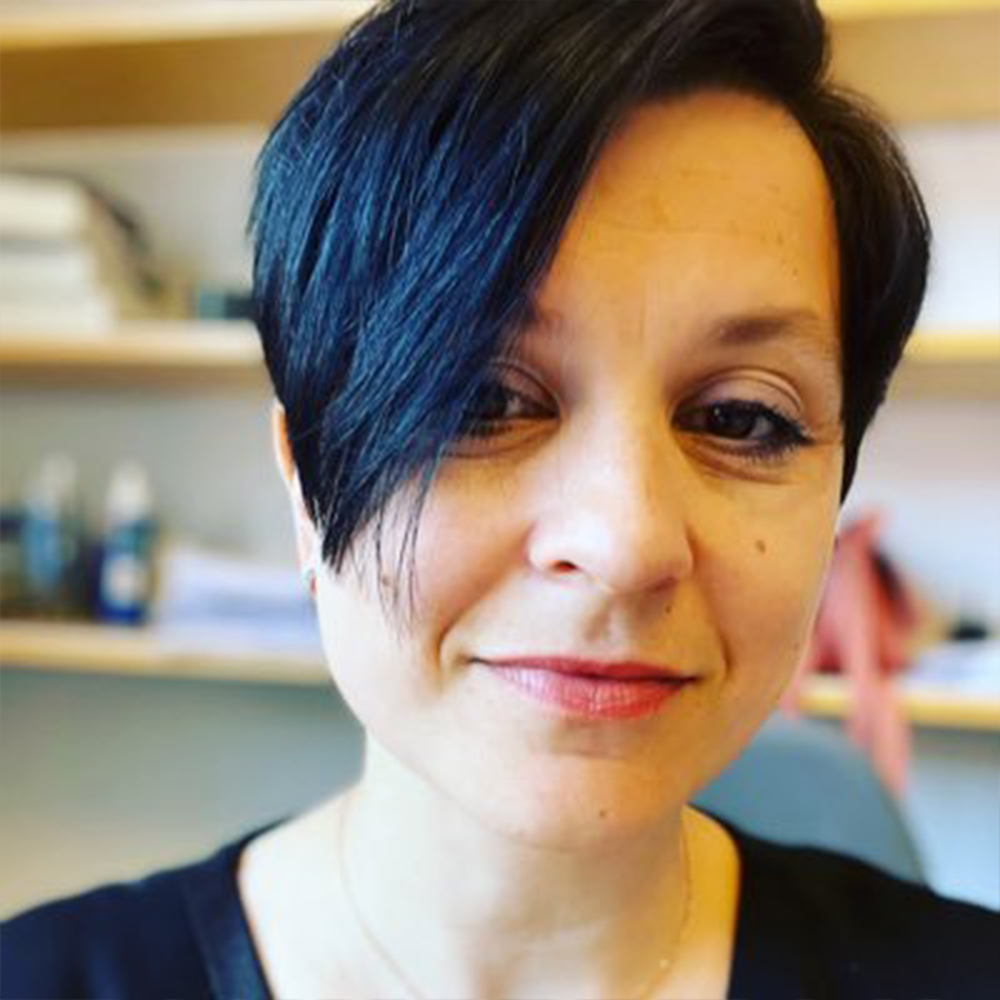
Olga Viberg
Olga Viberg has obtained her PhD in Informatics at Örebro University School of Business (Sweden) in December 2015. She has been a lecturer at the School of Languages and Media Studies and at the School of Technology and Business Studies at Dalarna University, Sweden between 2008-2016. Currently she is associate professor and docent in Media Technology with specialization in Technology-Enhanced Learning at the School of Electrical Engineering and Computer Science at KTH. Viberg’s research includes a focus on the learning analytics in higher education, the application of mobile technology in education, mobile learning analytics, integration of formal and informal learning environments, design for learning, self-regulated learning, computer-assisted collaborative learning, cross-cultural research and responsible use of student data in education, focusing on the issues of privacy and trust.